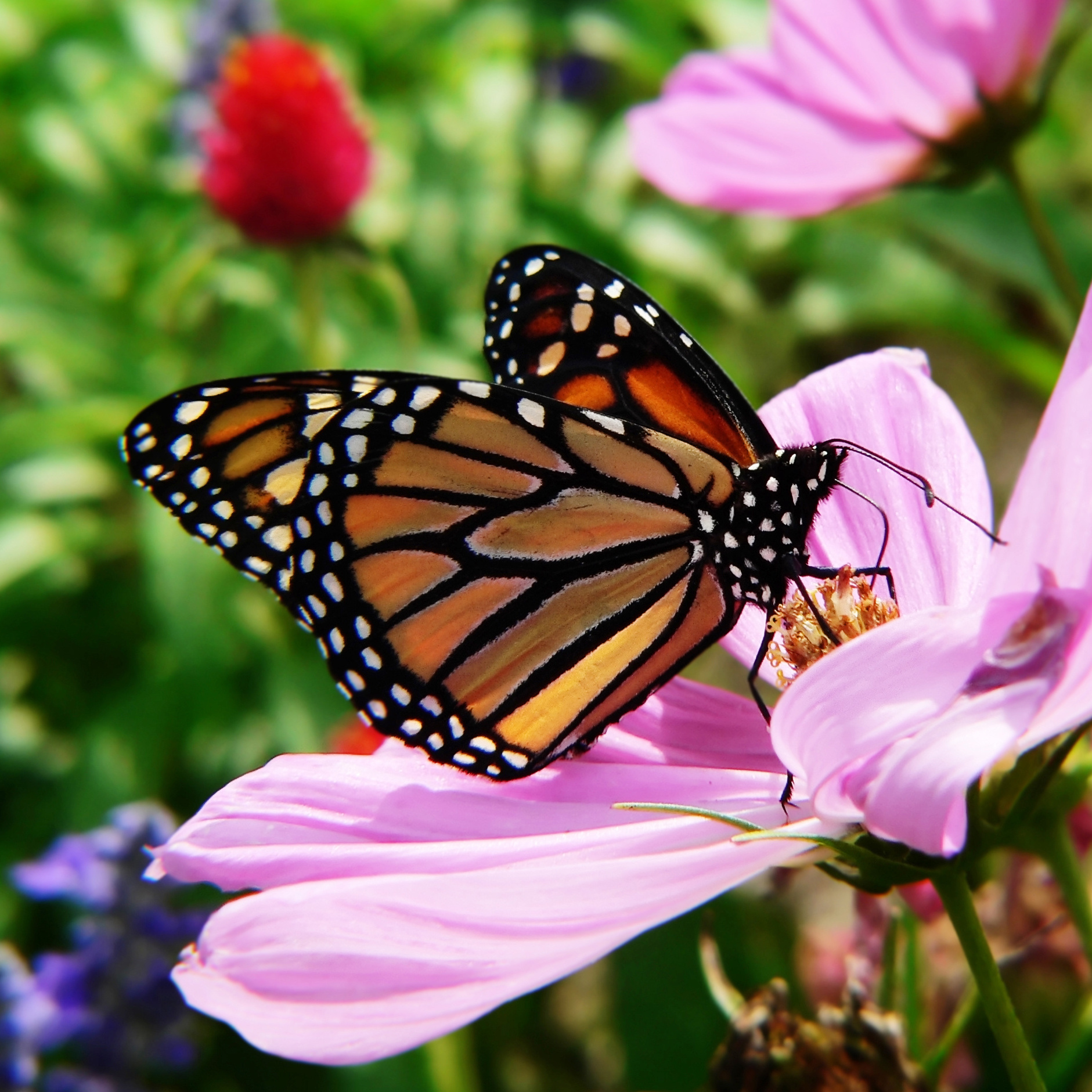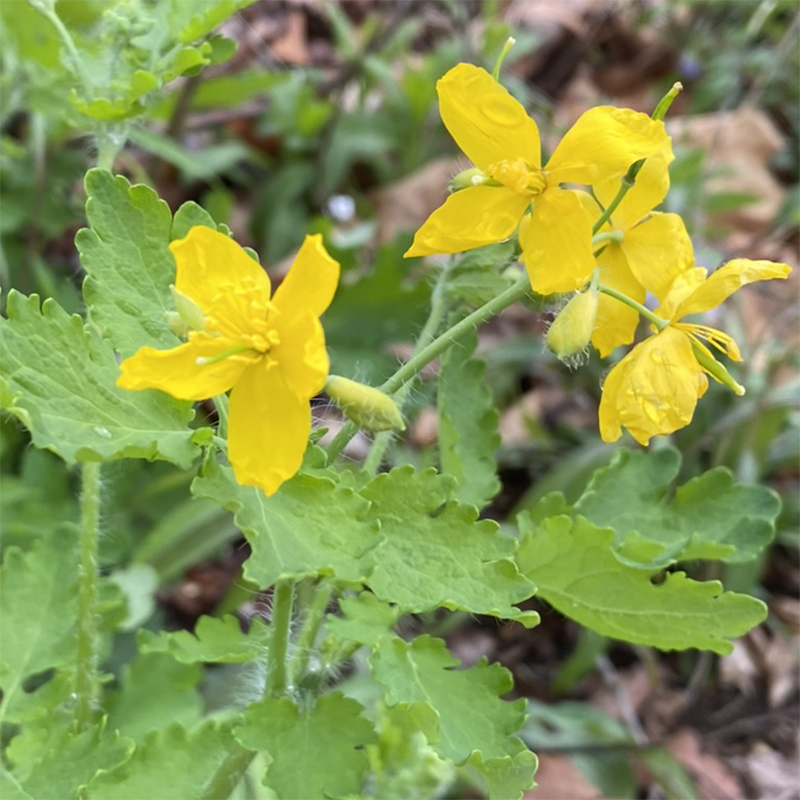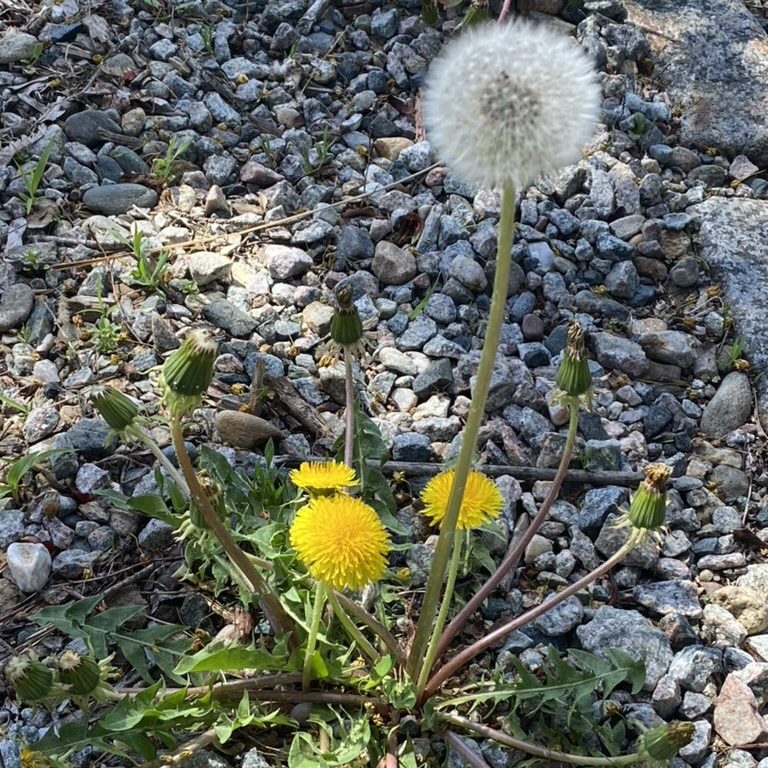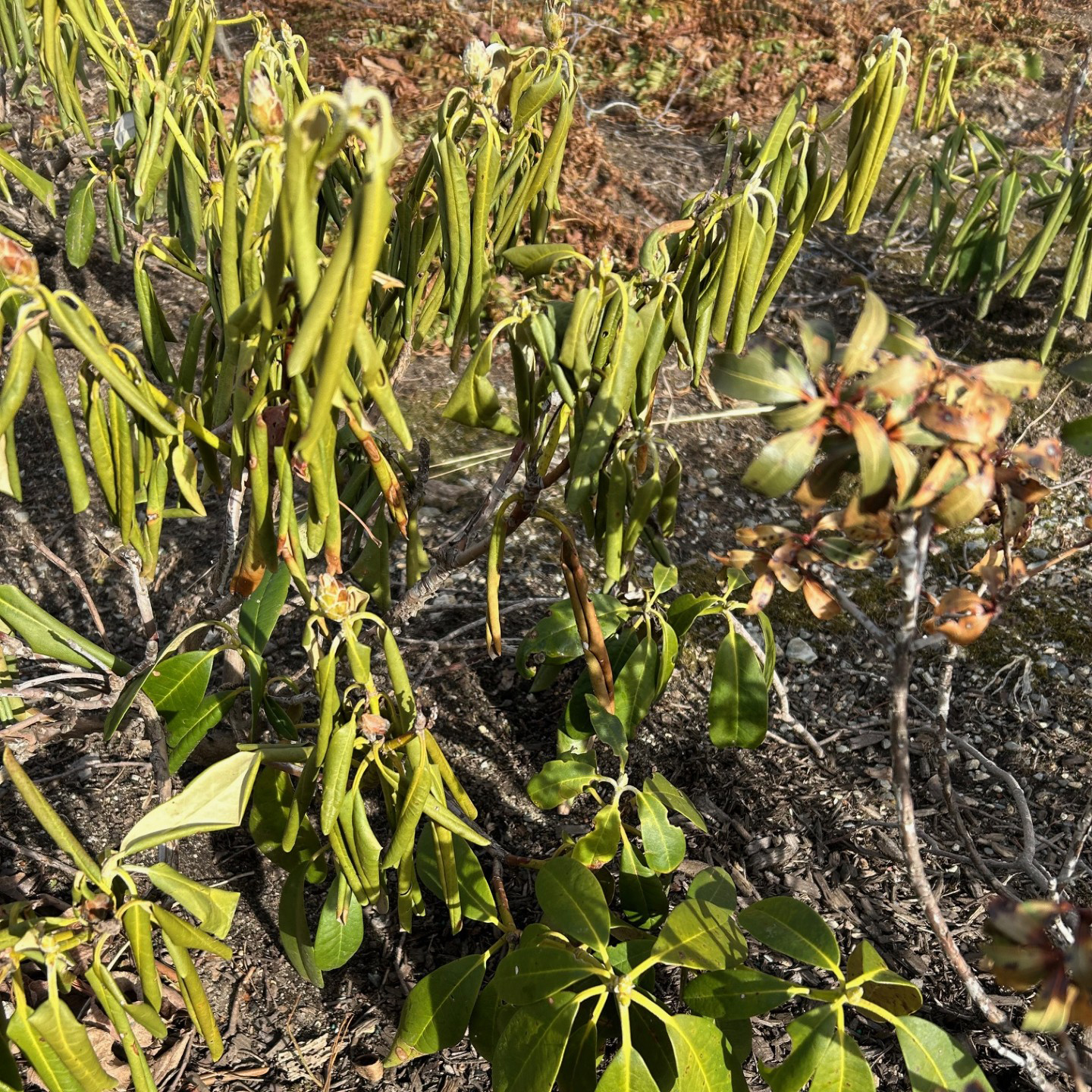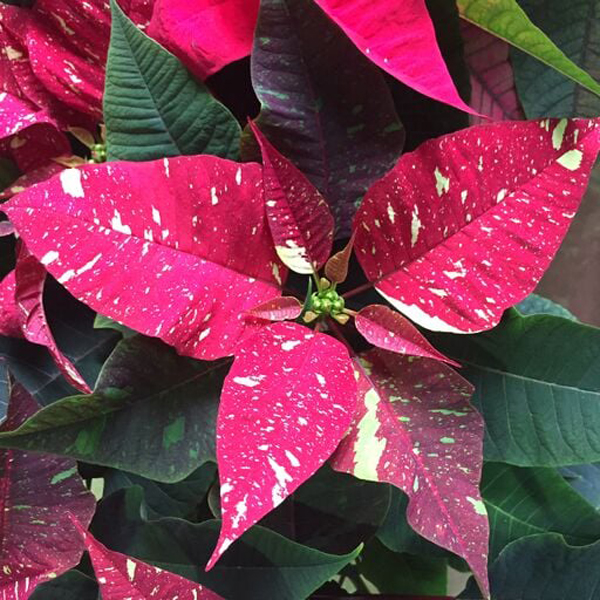
The Poinsettia is one of the most popular plants for home décor and gifts during the Christmas holiday season. Typically available in the traditional Christmas colors of red and green, hybrids are now available in even more variations. Despite their beauty and festive colors, some of us have shied away from these plants due to a persistent myth regarding their toxicity to humans and pets. Poinsettias have been extensively studied for their potential toxicity and have been found to be safe.
The poinsettia is the most widely tested consumer plant on the market today, proving the myth about the popular holiday plant to be false:
- Scientific research from The Ohio State University has proved the poinsettia to be non-toxic. All parts of the plant were tested, including the leaves and sap.
- According to POISINDEX, the national information center for poison control centers, a child would have to ingest 500-600 leaves in order to exceed the experimental doses that found no toxicity.
- A study by Children’s Hospital in Pittsburgh and Carnegie Mellon University found that out of 22,793 reported poinsettia exposures there was essentially no toxicity significance of any kind. The study used national data collected by the American Association of Poison Control Centers.
- The National Capital Poison Center lists the poinsettia among non-poisonous plants
- “Poinsettia exposures have good outcomes … just as we thought” posted by the American Journal of Emergency Medicine
- “Holiday Plants with Toxic Misconceptions” posted by the Western Journal of Emergency Medicine (WestJEM)
- “Festive medical myths” posted on BMJ.com.
- “Scientists Shed Light On Festive Medical Myths” posted on NPR.
- “Keeping the Holidays Safe From Hidden Poisons” by WebMd
Poinsettia and Pets
As with any non-food product, the poinsettia is not meant to be eaten and can cause varying degrees of discomfort; therefore, the plant should be kept out of the reach of young children and curious pets.
- The American Society for the Prevention of Cruelty to Animals reports that the poinsettia could be “irritating to the mouth and stomach, sometimes causing vomiting, but generally over-rated in toxicity.”
- The American Veterinary Medicine Association of America (AVMA) states: “While poinsettia is not deadly as popular legend would have it, it could still cause an upset stomach if consumed.”
- The Purdue Plant & Pest Diagnostic Laboratory advises pet owners: “Wash sap off the animal to prevent further ingestion. Call a veterinarian if the eyes are affected, or if signs do not resolve in a few minutes.”
- According to BMJ (British Medical Journal), one study, “looking at poinsettia ingestion by rats, could not find a toxic amount of poinsettia, even at amounts that would be the equivalent of 500-600 poinsettia leaves or nearly a kilogram of sap.”
Poinsettia and Latex Allergies
According to the American Latex Allergy Association, only about 1 percent to 6 percent of the general population is allergic to latex, and “… one would have to have significant contact with the poinsettia plant’s latex directly to have an allergic reaction … only a small drop of latex that can be immediately wiped off of the skin is unlikely to cause an allergic reaction.”
Adapted from The Society of American Florists


